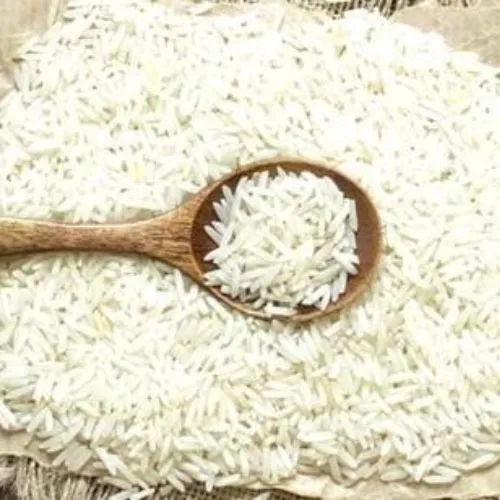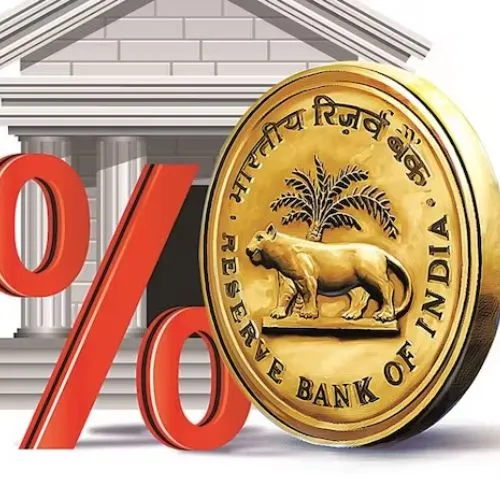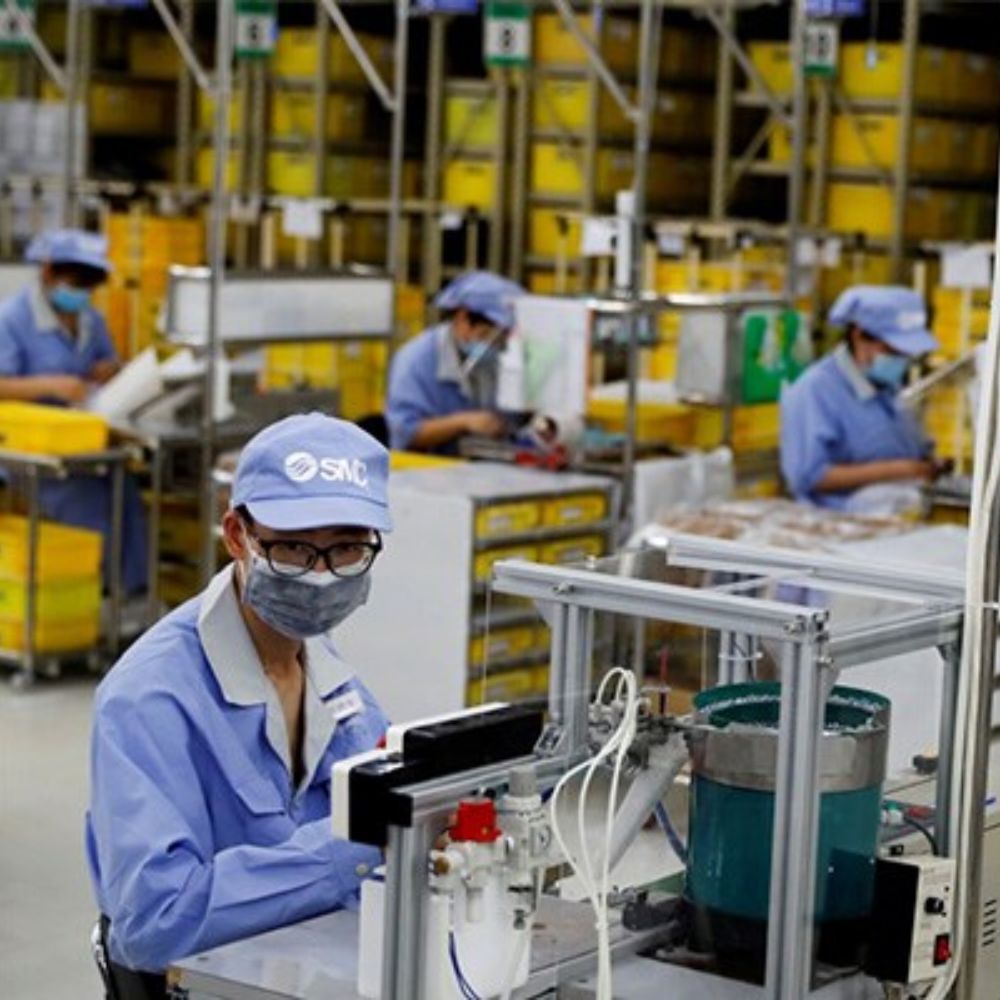In a surprising move, the Central Bank of Russia hiked its key interest rate by 100 basis points to 8.5% on Friday, a decision aimed at curbing inflationary pressures in the country. The weak rouble, coupled with a tight labor market and robust consumer demand, has been contributing to the rising inflation. This is the first rate increase in over a year, as the bank had been gradually reversing an emergency hike made in the aftermath of Russia’s armed forces entering Ukraine, which led to sanctions from the West.
Inflationary Concerns and Economic Conditions
The Central Bank expressed growing concerns over pro-inflationary risks over the medium-term horizon. The surge in domestic demand has outpaced the production capacity, partly due to limited availability of labor resources. These persistent inflationary pressures were further amplified by the depreciation of the rouble this year.
Revised Inflation Forecast and Monetary Policy
As a response to the rising inflation, the Central Bank raised its year-end inflation forecast to 5.0-6.5% from the previous 4.5-6.5%. The bank also left the door open for further rate hikes in future meetings. This decision took analysts by surprise, as they had initially expected a 50-basis-point increase.
Analysts’ Reactions and Economic Outlook
While the 100bp interest rate hike was unexpected, some analysts had revised their forecasts to anticipate an even larger rise. William Jackson, Chief Emerging Markets Economist at Capital Economics, noted that the sizable hike underscored policymakers’ worries about inflation risks. He expects further monetary tightening in the future, with the possibility of at least another 100bp increase before the end of the year.
Inflation Fluctuations and Economic Factors
Annual inflation had previously fallen below the Central Bank’s 4% target due to a high base effect from the previous year when inflation reached its highest level in two decades. However, it has recently risen again and currently stands at 3.86%, according to the economy ministry. The Governor of the Central Bank, Elvira Nabiullina, attributed the increase in inflationary pressure to demand-driven factors, particularly in the domestic tourism market and automobile production sectors, where supply has been unable to keep up with demand.
Impact of Rouble Depreciation and Import Increase
The rising demand has led to increased imports, causing the rouble to weaken as exports decline. Governor Nabiullina emphasized that the rouble’s significant weakening was a result of excess demand, exacerbated by insufficient labor force and supply constraints.
Economic Uncertainties and Market Reactions
The decision to raise interest rates comes amid uncertainties in the currency market, particularly in light of an abortive armed mutiny by the Wagner mercenary group and attacks on Russian infrastructure that Moscow has attributed to Ukraine. These incidents have dampened risk appetite and added to the pressure on the rouble.
Central Bank’s Future Policy and Media Briefing
The Central Bank’s Governor, Elvira Nabiullina, is expected to provide further insights into the bank’s forecasts and policy during a media briefing. The next rate-setting meeting is scheduled for September 15.
Conclusion
The Central Bank of Russia’s surprising 100 basis points interest rate hike to 8.5% reflects its increasing concerns about inflationary pressures in the country. The weak rouble, strong consumer demand, and limited labor resources have contributed to the rise in inflation. The bank’s decision to leave open the possibility of further rate increases indicates its commitment to tackling inflationary risks. As uncertainties persist in the currency market and economic conditions, policymakers are carefully monitoring the situation and adjusting their monetary policy accordingly.













